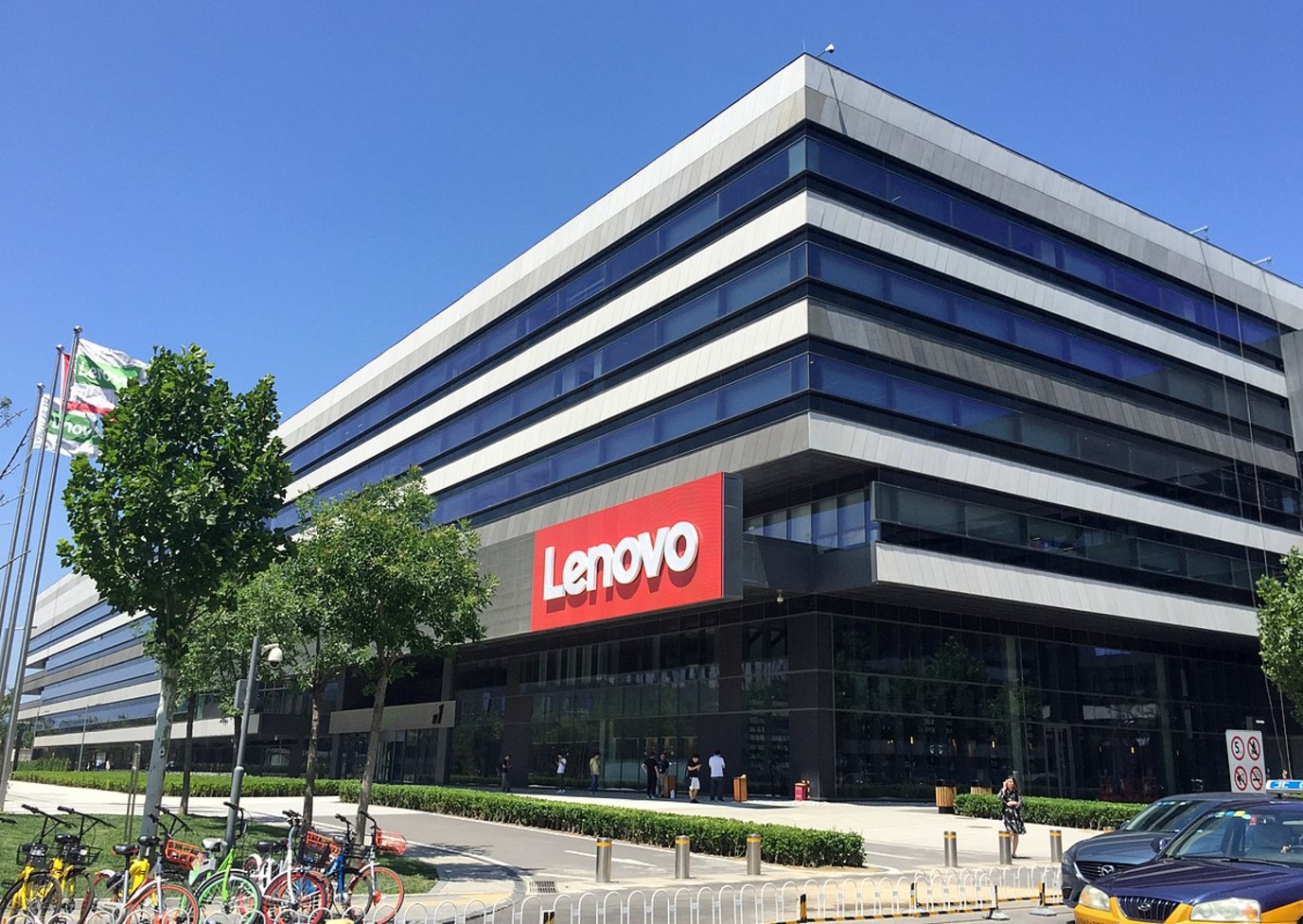At Lenovo’s Tech World 2024, the company, in collaboration with the Scott-Morgan Foundation (SMF), introduced a revolutionary AI-powered communication system designed to assist people living with amyotrophic lateral sclerosis (ALS) and other severe disabilities. The new solution combines cutting-edge technologies, including AI, eye-gaze tracking, hyper-realistic avatars, and personalized voice generation, to enable individuals to communicate with greater ease and authenticity, even as they face debilitating conditions.
A Comprehensive Assistive Technology Solution
The innovative system, still in its testing phase with ALS patients and healthcare professionals, integrates multiple technologies to enhance the communication experience. These include:
- Predictive AI: Developed by Lenovo, this AI model helps optimize interactions by anticipating the user’s needs and offering predictive suggestions for communication.
- Personalized AI Voice: Powered by ElevenLabs, the solution allows users to create customized voice replicas, enabling people to speak in their own voices or even the voices they remember prior to the onset of ALS.
- Eye-Gaze Tracking: Provided by IrisBond, the system uses precise eye movement tracking to control communication, allowing users with limited motor function to engage with their environment and express themselves.
- Hyper-Realistic Avatars: D-ID’s technology generates lifelike avatars, providing a visual representation of the user that is both personal and expressive.
This integrated system aims to provide a highly personalized communication experience, transforming lives for individuals with ALS, a neurodegenerative disease that often results in full-body paralysis and the eventual loss of speech.
Advancing Communication Accessibility
The collaboration between Lenovo and the Scott-Morgan Foundation seeks to break down barriers to communication for the over 500 million people globally affected by muscular and neurological conditions. At its core, the partnership reflects a shared commitment to leveraging advanced technologies to ensure that individuals, regardless of their physical limitations, can express themselves and interact with the world around them.
LaVonne Roberts, Executive Director of the Scott-Morgan Foundation, highlighted the impact of this technology, stating, “We live in a world where over half a billion people are silenced, not by choice, but by disability. Our work, powered by Lenovo’s innovative technology, can help these individuals reclaim their voices and thrive.”
Human-Centric Design Meets Cutting-Edge Technology
The new system is built on years of collaboration between Lenovo and the Scott-Morgan Foundation, which has led to the development of a prototype that combines human-centric design with powerful AI capabilities. The result is a device that not only offers high-tech functionality but also considers the real-world needs of its users.
A major feature of the technology is its user interface. Designed for ease of use, it employs a circular keyboard interface, enabling individuals to select letters or symbols with minimal physical movement. This design is paired with Lenovo’s ThinkPad x12 detachable PC, which is portable and adaptable, fitting various environments, from kitchen tables to wheelchairs.
Daniel Pollock, a Lenovo UX prototyper, emphasized the importance of this design approach, saying, “We prioritized human-centric design, ensuring that the technology is not only powerful but also intuitive and accessible to those who need it most.”
Personalized Communication: From Voice Banking to AI
In the past, voice banking for individuals with ALS was a lengthy and limited process, with the resulting voice often lacking naturalness or emotional depth. The integration of AI voice generation from ElevenLabs marks a significant improvement. The system can now generate compelling, emotionally expressive voices using even minimal or low-quality audio samples.
Mati Staniszewski, CEO of ElevenLabs, commented on the breakthrough, stating, “With the support of the Scott-Morgan Foundation, we are taking voice technology to the next level—removing communication barriers and empowering people to regain their voice, even in the most challenging circumstances.”
In addition, the lifelike avatars produced by D-ID provide users with a realistic, digital representation of themselves. This avatar technology allows for a more natural and personal communication experience, a major leap forward from the robotic avatars that have traditionally been used in assistive technology.
Expanding the Impact of Assistive Technology
This AI-powered communication solution is poised to have a broad impact, benefiting not just people with ALS, but also individuals with other neurological conditions, such as cerebral palsy. IrisBond’s eye-tracking technology further enhances the system’s accessibility, offering a non-invasive way for users to communicate using just their eyes.
The technology, which is now in active testing with ALS patients and clinicians, has the potential to revolutionize how people with severe disabilities interact with the world. It exemplifies a larger trend in the assistive tech field, where generative AI and machine learning are being applied to create more personalized, user-friendly tools.
Andrew Morgan, CEO of the Scott-Morgan Foundation and son of the late Dr. Peter Scott-Morgan, whose visionary work inspired much of this project, reflected on the progress: “AI is transforming the assistive technology landscape. What was once difficult and resource-intensive is now being made possible and accessible to everyone, including those who need it most.”
Looking Ahead: The Future of Smarter AI for All
As the technology continues to evolve, the Scott-Morgan Foundation and Lenovo aim to refine and expand its capabilities, ensuring it is both scalable and adaptable to the needs of a wider population. The success of this project underscores the potential of AI to address some of the most pressing challenges in human communication and accessibility.
This AI-powered communication solution represents a significant leap forward in making assistive technology more accessible, personal, and efficient. By bringing together the expertise of leading tech companies and nonprofit organizations, the collaboration promises to enhance the lives of millions of people worldwide, ensuring that they are no longer silenced by disability.
In the words of Linda Yao, Vice President of AI Solutions and Services at Lenovo, “This is Smarter AI for All: applying transformative technologies to the most pressing human challenges, and demonstrating how AI can make a real difference in people’s lives.”



